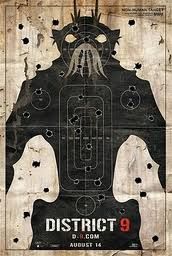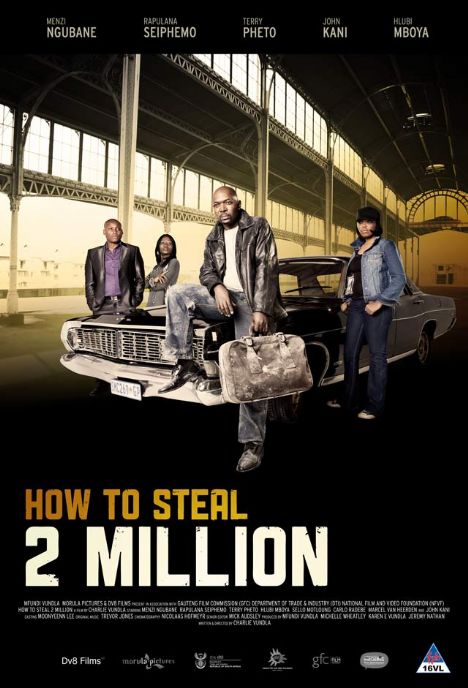
Two weeks ago I had an opportunity to see a pre-release screening of How To Steal 2 Million starring our lady in Hollywood Terry Pheto, the soapie gods Menzi Ngubane, Hlubi Mboya and Rapulana Seiphemo (the man whose agent is doing a fine job in making sure he's in everything South African motion picture).
It’s basically a heist movie with a tinge of film noir set in Johannesburg, all the tropes of heist movie and film noir are there; the femme fatale - in this case Terry. The big score: stealing two million from a crime king pin - the almost monochrome look of the 1940’s black and white noir films is evoked nicely.
It has all the appeals of a good commercial film and it’s shot well but the story is generic and ”americanised” too much. I found it hard to connect with it.
Where characters talk about “rolling” on each other, “getting the big score”, surely do our Chauke and ATM bombers talk /refer to selling out at the police officers as “rolling” and do they call their heists “scores”?
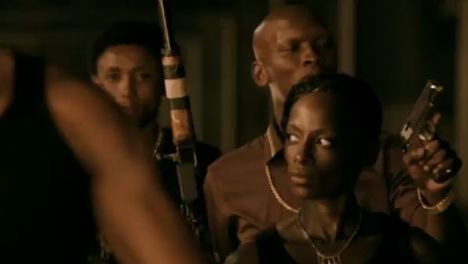
This is just the tip of the iceberg. There’s the whole godfather crime boss syndicate that has been lifted straight from some American film but maybe I’m being harsh. Cause the group of people I was with - they saw nothing wrong with the Americanization or even the story being too generic.
For them the idea that it’s a well shot South African film seemed to hold more water than the idea that the story lacked pathos, South African nuances and depth. I felt felt like the dude from the animated series The Critic - a man out of touch with the masses or am I?

I’ve seen the Jock of the Bushveld animated feature trailer and I almost puked. I’ve seen the live action film and loved it as a child, the trailer made the film look too kiddie friendly, the story has been changed way too much, the animation is very blocky, the tone of the story and mannerisms of the characters do not seem to reflect our country.
Yet again I found myself, this time debating with myself, shouldn’t I at least be celebrating the idea that some guys were able to pull through and create a feature film in this none existent industry that’s existed since the 1800? Especially considering this is animated film and the cost implications must have been high. Yet a part of me is like: do we want to compete in the international world or do we want to continually make excuses for our work?
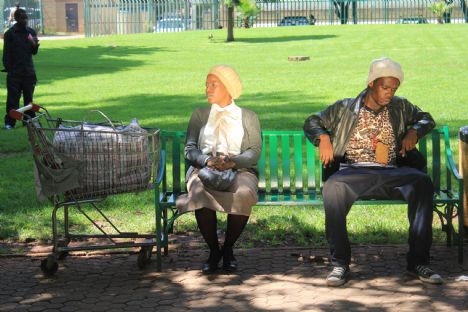
Then I reflected on my own low budget film Corner Rissik and Plein which was part of the bubblegum movies funded by Mzansi Magic.
I remembered how we shot a full 90-minute feature in one week with little to no money, I remember rushing through one day mix that didn’t go perfectly as planned.
I remember watching the film and thinking the story is okay but we came short on the look and realizing the story to its full potential. Yet there are people who just see nothing wrong with my flick, there are those who are happy to see yet another South African story on screen and I’ve had criticism on the look and weaknesses in some of the b – stories and technicalities such as it looks cheap and the sound is dodgy at times. So does that make the work mediocre? Is it fair for people to demand great work out of mediocre budgets?
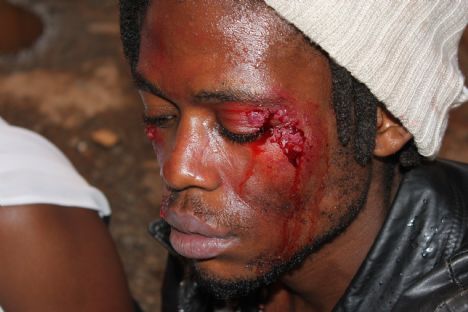
Then I remembered what one of my Wits lecturers use to say to us: “the work needs to speak for itself, intentions means squat once the work is done, so do it well - don’t tell me about your intentions”, so at the end of the day, whether we have the millions or thousands or the few change I believe there is no excuse for a poor story. Cause a poor story comes from poor writing, one can understand issues around budget constraints but work needs to do the best that it can do within that budget.
Look at classics like El Mariachi, Shaft, Mapantsula and the likes they didn’t have the big budget but the stories were told well and the form followed the content. So if we want to be taken seriously on the big global stage we should not loose sight of who we are and our context.
Yet we should also take our art seriously and put the best foot forward ala City Of God, Amores Perros , Y tu mama tambien which are not shot on major budgets but the stories have great nuances of the countries that they are set in, thy are creatively and technically well executed inspite of budget constraints and above all the stories talk first to the local market and then the international one.
We need to improve not just our content but the form of our stories by any means necessary no matter what our budgets be, so there’s no excuse for mediocrity. If we do the best that we can do when we get those District 9 budgets are stories and our production will be tighter than what the Brits, Yanks or the South Americans are producing.
